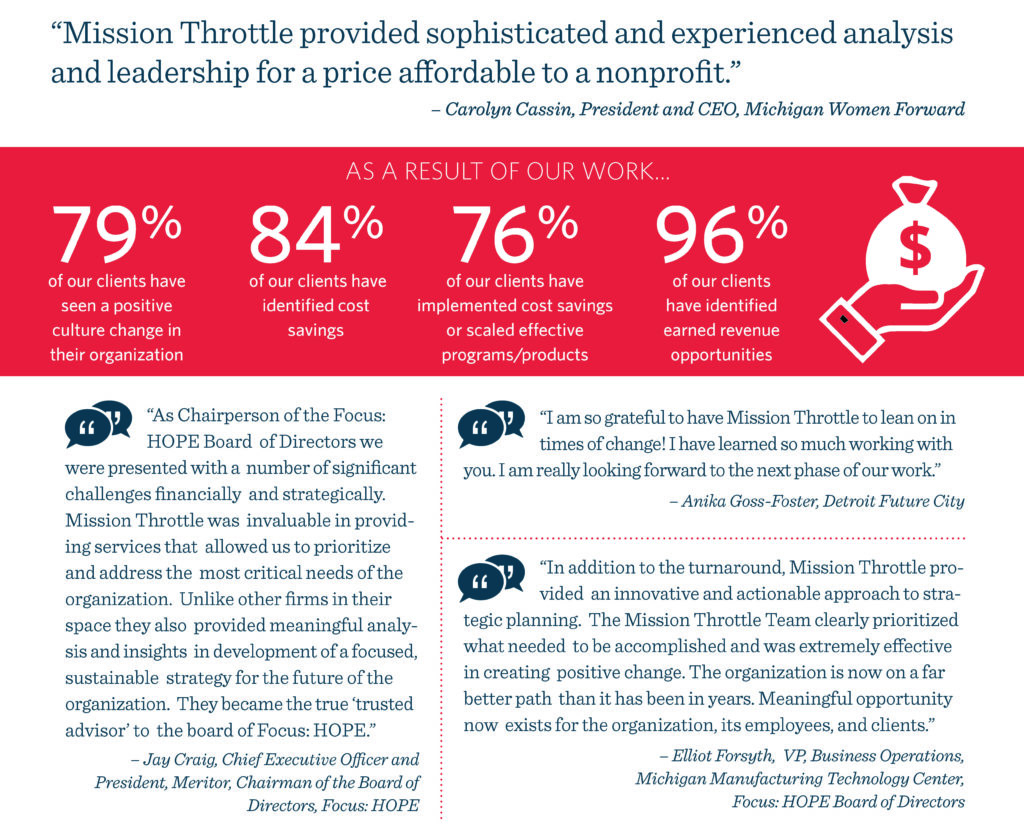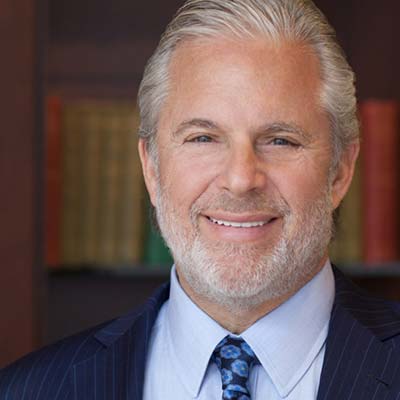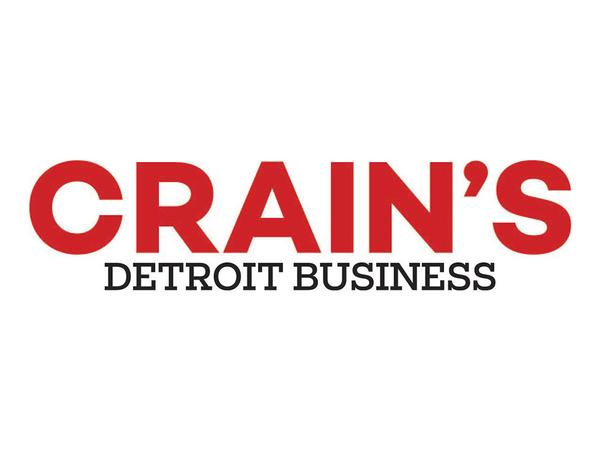Several members of the Mission Throttle team recently had the honor of attending the 2018 Starfish Trauma Summit: Building Resilient Communities. The summit sought to answer two questions that are especially relevant in Detroit, namely:
How can we create a community of strength and hopefulness that recognizes the prevalence and adverse impact of trauma on too many children, families, and communities?
How can we as a community of leaders help build trauma-informed, resilient communities that support healing?
During her opening remarks, the event moderator, Rochelle Riley, reminded us that “every criminal was once a child, just as every lawyer was once a child, and yes, even every journalist was once a child.” Children are often guided down divergent paths by the trauma they experience at a vulnerable age, rather than by deliberate choices. However, children can also be influenced by how the adults in their lives respond to and (hopefully) counteract that trauma.
The entire event was both informative and energizing, but I was particularly inspired by the keynote speaker, Bryan Stevenson.
I first encountered Bryan’s brilliance when I read his book, “Just Mercy,” in 2016. At that time, I was deeply moved by his first-hand experiences working to improve the U.S. criminal justice system and ban the death penalty. During his address at the Starfish Trauma Summit, I heard some of the familiar stories of triumph and heartbreak from his book, but I was reignited by hearing his sentiments through the lens of trauma-informed child care.
Bryan described four steps to enact change in our childcare and education systems, and to provide children with an equitable chance in life:
Get Proximate. “Many of our parents taught us to stay away from the bad neighborhoods,” Stevenson said, “but in order to appreciate the humanity of each individual, we need to make the effort to see our disadvantaged neighbors, to talk to them, and to connect with them person-to-person. Without close encounter, and even embrace, it is far too easy to create a perception of ‘them’ and ‘us’.”
Change the Narrative. Stevenson (who also initiated the National Memorial for Peace and Justice in Montgomery, AL) asserted that “the greatest crime of slavery was not the forced labor or even the brutal beatings and murders that slaves endured, but rather, it was the dehumanization of the black race and the propagation of white supremacy that persists even today.” He explained that in order to overcome racism, we need to first acknowledge and confront the continued, present-day impact that slavery has on our country. “Truth and reconciliation are consequential, he said. “We cannot make peace without first confronting the truth and our own culpability.”
Remain hopeful. Stevenson then cautioned against hopelessness, calling it “the single greatest weapon of oppressors.” He noted that “we can only maintain the strength to continue fighting for ourselves and/or others if we remain hopeful that the status quo can be changed.” This point was acutely appreciated in an audience containing so many educators and caretakers who had experienced recurring indirect trauma during their work with disenfranchised youth.
Be willing to do things that are uncomfortable and inconvenient. “To really make significant progress, we have to be willing to speak out, and to act out, against unjust systems and prejudiced sentiments, even those that seem immovable and unchangeable,” Stevenson continued. “For those of us who have been blessed to have wonderful opportunities for education, employment, and fulfillment, I believe it is our responsibility to do our part, no matter how big or small, to help ensure that vulnerable children are given an equitable opportunity to direct their future.”
Starfish Family Services is actively carrying out these four steps through their trauma-informed early childhood education and mental health services.
Starfish is dedicated to healing the effects of toxic stress on children who have experienced trauma. While learning to cope with adversity is an important part of healthy child development, undue exposure to conflict and fear can cause PTSD, similar to that which many military veterans endure. This toxic stress can occur when a child experiences strong, frequent, and/or prolonged adversity, such as: physical or emotional abuse, chronic neglect, caregiver substance abuse or mental illness, exposure to violence, and/or the accumulated burdens of family economic hardship—without adequate adult support. When stress occurs continually, or is triggered by multiple sources, it can have a cumulative (lifetime) toll on an individual’s physical and mental health. The more adverse experiences in childhood, the greater the likelihood of developmental delays and later health problems, including heart disease, diabetes, substance abuse, and depression. Research also indicates that early-life supportive, responsive relationships with caring adults can prevent or reverse the damaging effects of toxic stress response.
In 2015, Starfish Family Services enlisted the assistance of Mission Throttle to create a coordinated business strategy to scale several of its core service offerings. The strategies were focused on Starfish’s desire to promote early detection/intervention of mental health issues, mitigate barriers to health care access, and improve behavioral and physical health outcomes. As the project progressed, the vision evolved. It was soon evident that by creating a more integrated organization, Starfish was uniquely positioned to accelerate its core passion of creating resiliency for the children and families it serves.
Mission Throttle identified a host of opportunities for Starfish to accelerate the impact of its programs. Through a collaborative, user-centered process, Mission Throttle and Starfish developed the vision for a trauma-equipped Starfish. By incorporating mental health screening, referral, and treatment into all of Starfish’s Head Start programs, Starfish now creates opportunities for early detection and prevention of toxic stress. This comprehensive service offering demonstrates Starfish’s leadership as a forward-thinking and client-centric provider of early education programming.
Through innovative collaborations like Mission Throttle’s relationship with Starfish, we can begin to forge a strategy to counteract injustice in Southeast Michigan; however, the path to progress is not easy nor is it linear. Thankfully, Bryan Stevenson assured us that uncertainty should not deter us, as we will only discover the answers through proximity to our vulnerable neighbors.
With this encouragement, let us make haste to go out and work to build resilient communities!







